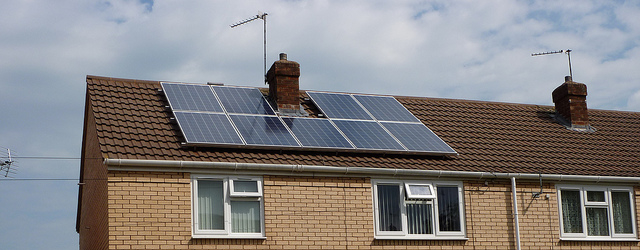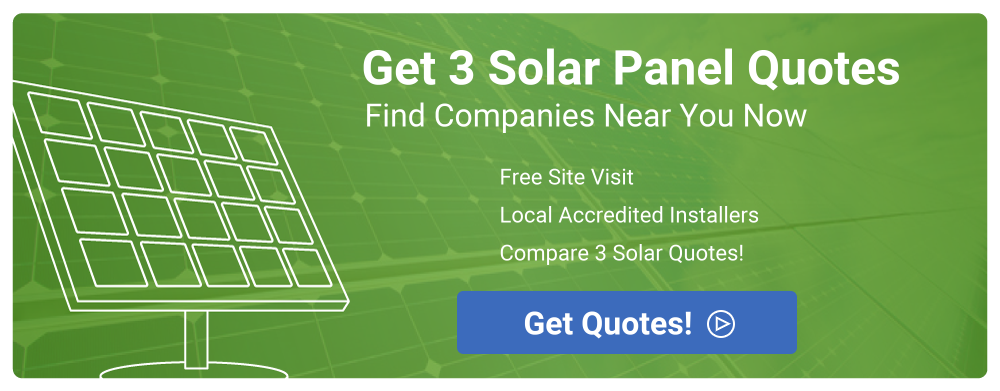Paying their home energy bills is the main worry for people in the UK, above their other serious household expenses. At least according to a recent Ernst & Young survey of 2,000 UK consumers:
“Despite recent price reductions, it remains the case that consumers are still more concerned about affording their home energy costs than other key expenses such as mortgages.”
Your bills already include payments to fund renewables and energy efficiency schemes and since most of us don’t seem to believe recent reductions are the start of a long term trend, shouldn’t we all be taking advantage of government schemes and lowering our own bills?
Could Solar Panels Reduce Your Energy Bills?
We did a rough calculation for a recent post and found that a typical, well sited, 4kW solar panel system in the UK could save around £264.84 a year at present tariff rates. That’s a decent chunk when the average electricity bill over the next 12 months is expected to be £603. There is some welcome certainty in the fact that those savings would go up if electricity prices were to return to their long term increases. And, that’s before we even think about income from the Feed in Tariff of £537.71.
 Lydia / CC BY 2.0 – cropped
Lydia / CC BY 2.0 – cropped
Between savings and tariff income that’s an annual benefit of £802. The Feed in Tariff payments are index-linked, tax-free and guaranteed by the Government for 20 years. The savings from the electricity you generate can insulate you from rising electricity costs and will continue for the lifetime of the solar panels.
Not everyone has £7,000 to invest but if you do, solar panels might be a chance to turn your electricity costs into a saving and some income instead.
The savings for your own home, and the income you can expect from the Feed in Tariff will depend on several factors. These include your electricity usage, which direction your roof faces, what slope it is at, whether there is shading, where you are in the country and how much sunshine there is. With the Feed in Tariff, solar panels are a viable option from the Cliffs of Dover right up to Scotland but the costs, generation potential and energy savings will depend on the specifics of your site.
If you would like to find out whether solar panels could work for your property, your next step is to contact accredited installers in your area. They will be able to help you assess costs, savings and potential income based on your site and energy use. We always recommend that you speak with 3 or more installers and compare quotes before making a decision.
Get me 3 solar panel quotes from accredited installers that cover my location…



